Some stories, like the 1868 novel "Little Women" by Louisa May Alcott, never get old.
It's already on its seventh film adaptation, this time by filmmaker Greta Gerwig and it still is as fresh as ever.
Starring Saoirse Ronan (Jo March), Emma Watson (Meg March), Florence Pugh (Amy March), Eliza Scanlen (Beth March), Timothee Chalamet (Theodore “Laurie” Laurence) and Chris Cooper (Mr. Laurence), the film has already grossed $191 million worldwide — not to mention critical acclaim.
We talked to some of the cast members and below are excerpts of our conversations with them.
Little Women is already in Philippine cinema.
Saoirse Ronan
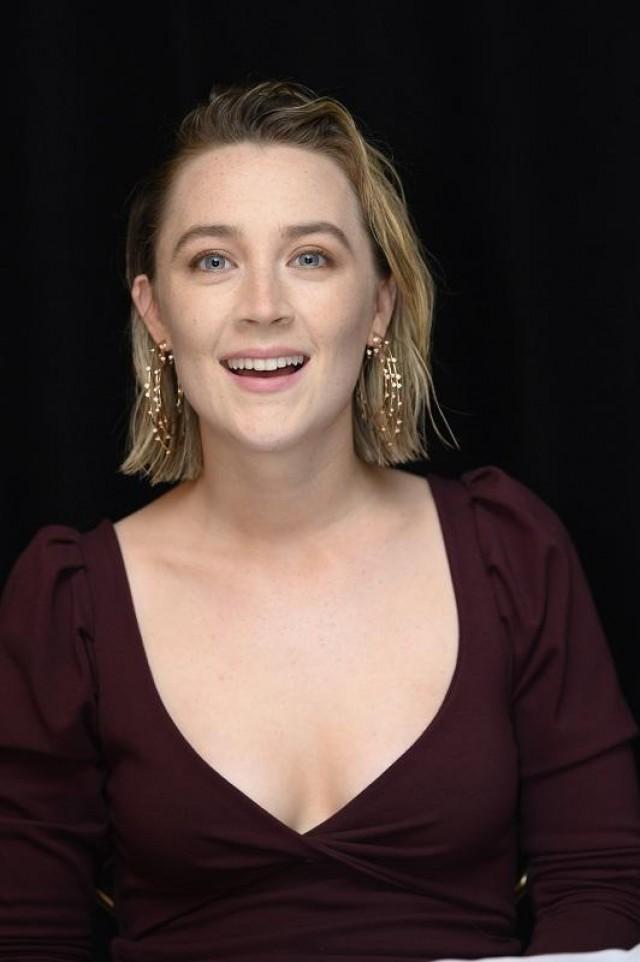
We’ve seen you in big period piece films but this is very different. Can you talk about your journey with Greta making this?
What surprised me the most was that she had given us such a structure to the story and to specific scenes in particular.
I think the ones that we were in when we were playing the younger versions of ourselves, there was a real specific beat that we had to follow. But then within that, we were really allowed to explore each moment and each scene and take the characters where we felt it was right for them to go.
That was something that has evolved in her as a filmmaker, I think even since “Lady Bird,” where she has even more command of the set now and even more command with her production and her actors — that she’s confident enough to allow them to really explore the space that they’re in and she knows that they’re not going to lose their way.
So that was so lovely for me because I think…I don’t think either of us were maybe ready to do that yet when we did “Lady Bird” because it was our first venture into something like that. So, with “Little” when we were like, ok we’ve kind of tried and tested this and we can take it a bit further.
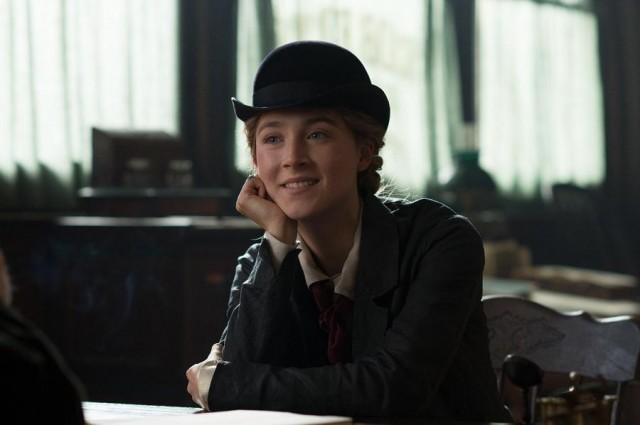
Talk about how it was like for you playing Jo March after all of this and after your history with the character? Do you feel it changed you?
Yeah, I do feel it’s changed me. I feel definitely as an actor, getting the chance to play somebody that just sort of gave me the license to kind of do anything.
I just felt — probably because I was getting to do it with Greta as well, it was somebody that I trusted so much, and I was with actors that I really trusted as well, like Timothée and Tracy Letts, people that I had worked with before and then the girls for the first time as well.
It was the first time ever because I am a real perfectionist about things but it was the first time ever that I was on a job where I was, I’m going to try something and I might mess it up and it might not be perfect and it might not be right but I want to try it.
And I’ve never really had the guts to do that before, to that extent I don’t think. And being able to get to a stage where I could tap into that and I’ll just try it and say that was a really important thing for me as an actor to finally feel that way having done it for so long.
So yeah, it’s just the way the dialogue is written, there’s such a musicality to it and there’s such an ease to it and it never felt like we just had a line that we had to deliver, it was so in our bones and we knew it so well by heart that it was like a part of how we moved, the dialogue was a part of how we breathed, it was everything.
And I remember I went onto another job straight afterwards and it was another period piece and we just wanted to mess it up and do that all the time and just sort of add more wiggle room I guess, into each line, which the director didn’t always love. But yeah, playing Jo definitely allowed me to have a bit more fun with the text, I think.
Florence Pugh
_2020_02_20_19_09_29.jpg)
How much did you relate to themes of the movie as a modern woman?
I think currently now “Little Women,” this version is as needed as ever. I think the one thing that I certainly related to was the relationships between the family — not just the sisters — the speed of the way that they talk, the way that they touch one another, the way that they wrestle one another, those are all things that I think we all loved and really enjoyed getting our fingers into.
And that only happened when we were on set and everything to do with these girls’ choices, the journeys that they make, the decisions that they make, and so unique to every single of them, individual characters.
I think we look at women with this idea that they have to be strong and they have to charge forward, and I think something that Greta did really well was, just because you don’t want to do that doesn’t mean that that’s not correct.
I think that’s the wonderful difference between all of these siblings, all the girls. They all have dreams and they are all completely separate and that one amazing line that Emma says to Saoirse — "Just because my dreams are different to yours doesn’t mean that they are not important" — I think is a nice thing to remind everyone of.
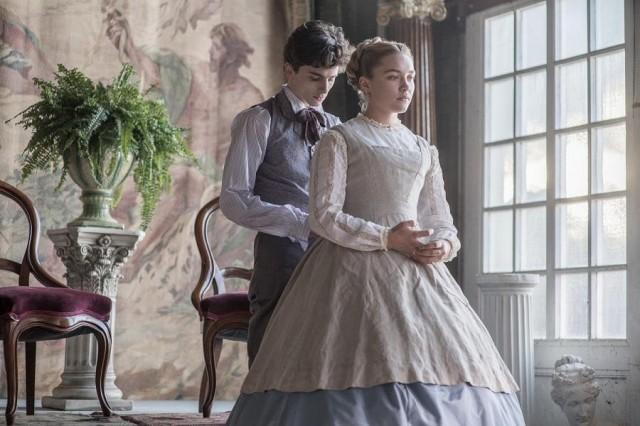
Did you learn anything about yourself from doing this character?
I learnt that I possibly quite like being cheeky. I think I’m drawn to naughty and delicious characters. I think I can say the same between a lot of characters that I’ve played. Maybe it’s addressed something in me that I quite possibly like being. I like being headstrong and I like being stubborn and I like saying things with pride and I think that’s everything that Amy is. So, she was truly a delight to play and a kid I never could have been, but I was happy I got to pretend to be her for three months.
Eliza Scanlen
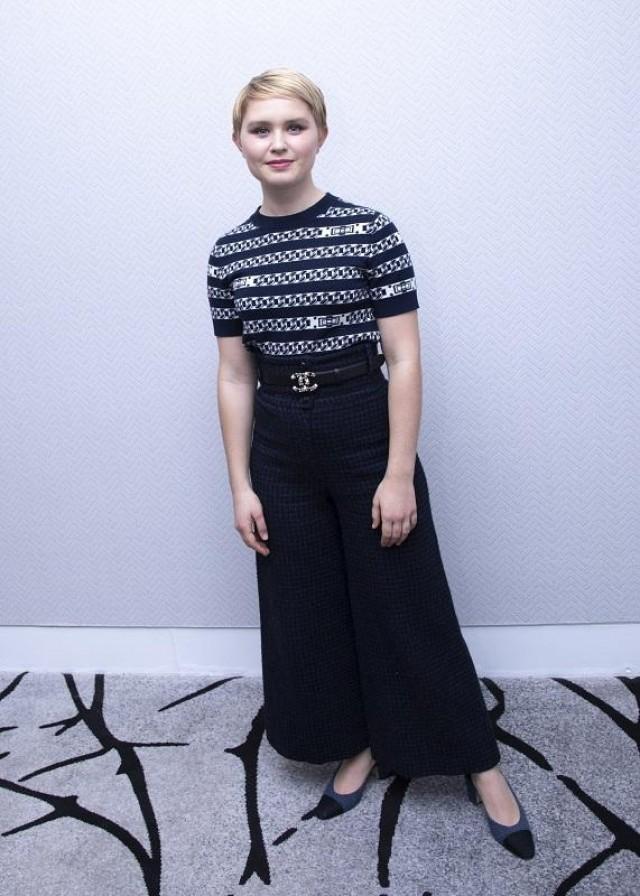
Being directed by a woman and working with other women, how was that experience?
Seeing Greta work is very inspiring and as a young actor and also someone who was interested in going into on the other side of the camera, and exploring filmmaking from a director's perspective and also a writer's perspective, it was incredibly inspiring for me.
Beyond that, Greta is just an incredibly kind and generous presence to be around. She's also hilarious. She's one of those people who gives a lot. And as an actor, I think she was very aware of what is required to do your job as an actor. I found the environment on Little Women conducive to performance, and getting the right performance, because she knew what we all needed. She's the best, and I hope that I can work with her again and I miss her very much. I haven't seen her yet.
Was it you playing the piano?
Yes, it was me playing the piano. That was one of the prerequisites of playing Beth. They wanted to know in the casting process whether I could play the piano or not, and Greta and I actually worked closely finding a song that Beth could play beyond the score that was created by the composer of Little Women.
There was this song that I found by Schumann called Papillons, and because I remember Greta asking me to just have a look around and there was a collection of music that Schumann had called Scenes from Childhood that she asked me to look at. And then I found this other song called Papillons, and I can't remember which number it was, but I adored the song and she adored it, too, so I learned it, and it actually ended up being in the film, which was really lovely.
Emma Watson
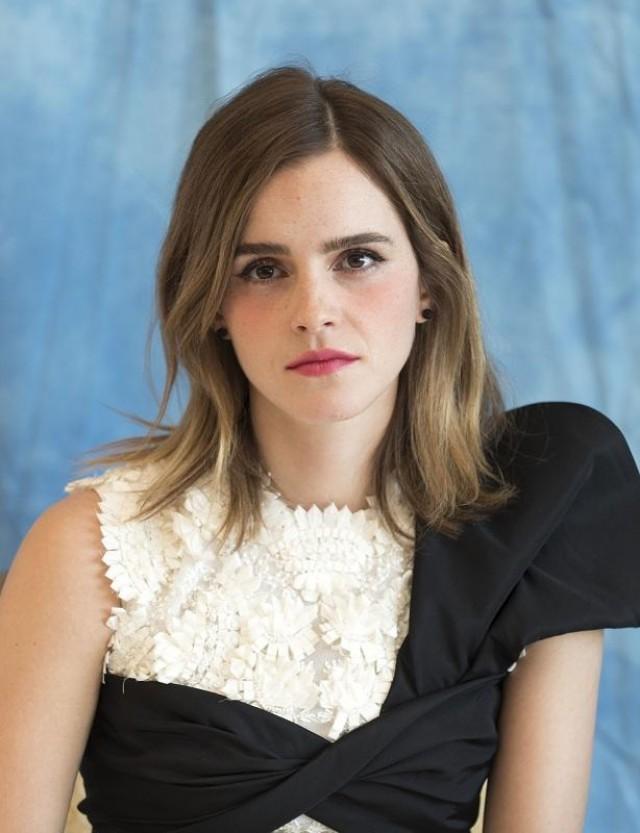
Being a young and independent woman, what is your relationship to money? Are you frugal or are you a big spender? Do you spoil yourself?
I would say I am an incredibly privileged. I am in a lucky position where I know that I am comfortable and that gives me an incredible freedom and I feel incredibly grateful for that.
Beyond that point, it doesn’t define who I am or it’s not particularly meaningful to me, beyond having the freedom not to worry about it.
What is your luxury?
A warm bath. A really lovely dinner. Being able to travel, spending money traveling, audiobooks, and seeing the world.
Chris Cooper
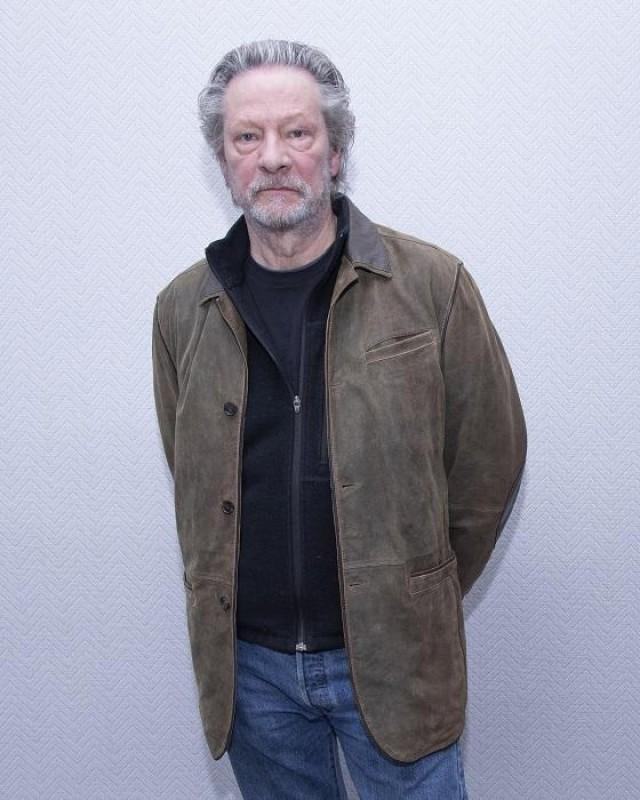
How was it on “Little Women,” being surrounded by all those young pretty girls?
The ensemble of the women and Timothée, how beautifully they worked together. And as a result, I was talking with my wife about that after watching the film. And what I so appreciated was, this film in this era and this time, where this film shows so much love and caring and sensitivity. But to me, it wasn’t gushing.
There was a restraint that I think really played for the period of the film much, much harder times than what we have to deal with today. But I thought it was a wonderful observation of the ensemble at work and how they work together.
And I said a thousand times how much I enjoyed watching these young actors, because talk about direction, they didn’t need much direction, they were ready to go and came with their own ideas.
Do you have any particular memories of the book?
No, as my wife points out, she read “Tom Sawyer” but the boys sure as hell didn’t read Alcott. And I understand that’s probably true. [because] I had not read the book either.
But when the time came and doing the homework and all, it was a joy to read. And I mean just to get to know, I had the book in my lap and there’s also an audio version, and doing the combination of reading and listening at the same time, it was something I hadn’t done before, was it particularly helpful to do both at the same time, I don’t know. But it certainly didn’t seem to get in the way.
Timothee Chalamet

You seem to have a silver spoon in your mouth in terms of acting because when you were in school, you were winning awards and everything. So talk about that period when you left high school and when you did your first movie?
I had a very idyllic performing arts high school experience. I didn't really know I wanted to be an actor, and at 13, I got to step into a drama program, a publicly funded art school drama program that showed me a way of life I didn't know existed.
Because I grew up in a building called Manhattan Plaza in New York, I have a lot of pride and it's an actors' building but I think I saw a side of the industry — let's say there that's paycheck to paycheck commercial which is the reality for 98% of actors. [It was] my reality too starting and working in commercial and print and stuff like that.
When I got to La Guardia there, the emphasis was taken totally out of the idea that this is for red carpets or things like that but rather, that this is a real craft that can be worked on and developed and you can get better at and as a means of therapy not in a cheesy way but just like can get that energy out and across any art form.
Anyway, I graduated from La Guardia and which is where your question pertains to and that's where I was very lucky. I was able to keep in touch with professors at La Guardia that kind of kept me focused, kept me feeling like I could do this and that I had a shot at a career where if I didn't have that, you know, a man named Harry Schiffman, a woman named Sandy Faison and they really kept me feeling like I could do this because I went to a very academic college that didn't have drama programs.
I went to college and I quickly left. I didn't quite drop out but I wasn't really there and, you know, I did a film called “Interstellar” with Christopher Nolan directing and was kind of patiently seeing how that would play and then just try to work on as many and not independent simply because they're independent but because those movies tend to have better characters and better opportunities for young actors.
I tried to really stick to that and stay away from more commercial things and that's when I got to work on “Call Me By My Name” and “Ladybird” and “Beautiful Boy” and now with “The King,” “Little Women.”
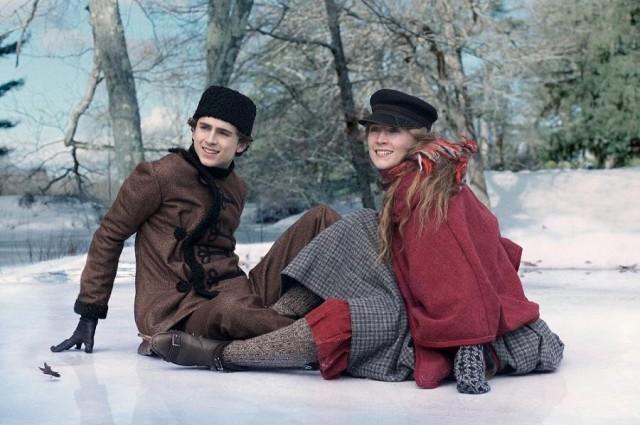
I shot “Dune” over the summer. These are the first movies I'm doing that are like of a bigger variety let's say but I feel so humbled and still like just an actor in the process because these directors are so good.
That's David Michôd, Greta Gerwig, and Denis Villeneuve who directed “Dune.” I'm really just trying to take it a step at a time and I'm really grateful that's why I'm really trying to pick the right projects, work with the right directors and stay on the right track. — LA, GMA News




